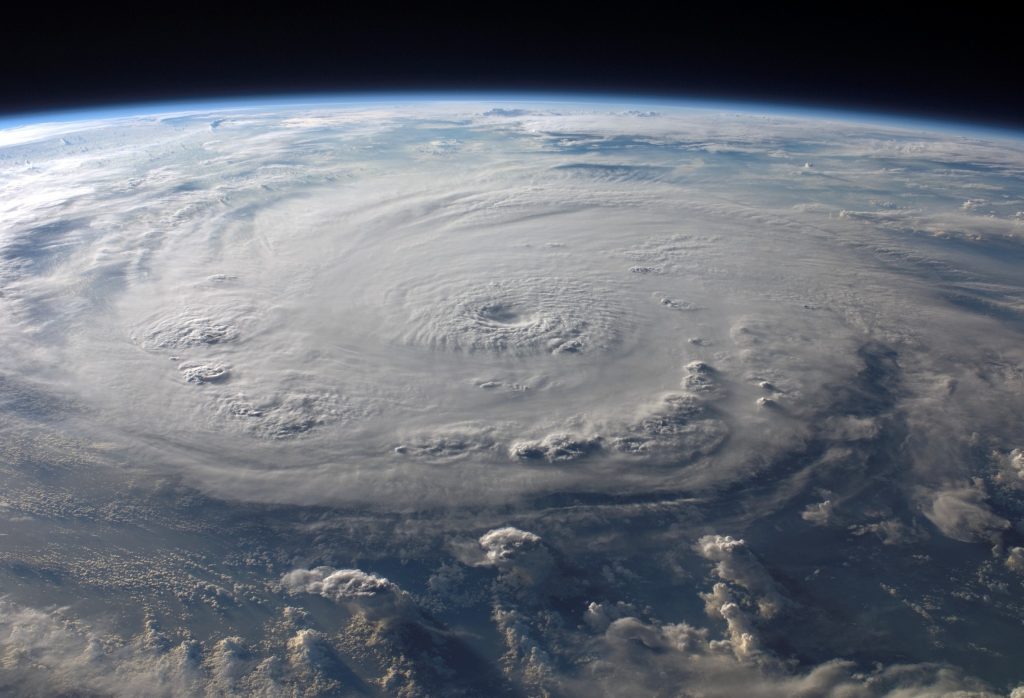As the peak of the Atlantic hurricane season fast approaches, if you live in susceptible areas, now is the time to step up your preparations if you have not already done so. Here are some essential steps to take to ensure that your family, home, and community is as well-protected as possible and able to recover as quickly as possible should a hurricane hit.
Emergency preparedness kit
An emergency preparedness kit is made up of essential items to help you through in the event of a hurricane and immediately afterwards. Make sure it includes a first aid kit, enough non-perishable food, and water to sustain your family for at least three days (each person needs a gallon of water per day), and a flashlight for blackouts. You should also keep copies of personal documents close to hand: passports, insurance documents, birth certificates, proof of address, deed/lease to home, family, and emergency contact information, and lists of medications and pre-existing conditions. Also make sure that your emergency kit caters for your family’s needs; included baby and pet supplies if you need to, and activities for children.
Create an evacuation plan
If you live in an area that is prone to hurricanes, it is vital that you establish an evacuation plan for your household and practice it at least once a year. Doing this really could be the difference between life and death. When formulating your plan, make sure to include tow meet up points in case your family is separated during an emergency: one right outside your home, in the event of a sudden domestic emergency like a fire; and one outside your neighborhood, in case the hurricane prevents you from returning home, or you are asked to evacuate. Make sure all members of your family have emergency contact numbers and designate a family member living outside your area as an emergency contact person.
Set up a hurricane relief donation
Making a hurricane relief donation will help communities hit by hurricanes and tropical storms to recover quickly and provide aid to residents in the immediate aftermath. During a hurricane, donations help to provide food and shelter to families forced to evacuate their homes, and first aid and medical care, and to distribute water, food and relief supplies to affected neighborhoods. In the weeks following a hurricane, donations will help to provide clean up supplies and damage assessments in affected neighborhoods and to create recovery plans to help families get back on their feet following hurricane devastation.
Keep informed
Keeping yourself informed will ensure that you are fully prepared if a hurricane hits your area. Find out where your local authority will notify you during a disaster; it could be through either local TV and radio, or NOAA weather stations or channels. Make sure that at least one person in your household is trained in first aid and knows how to carry out CPR. Knowing basic first aid skills such as these could prove lifesaving in a disaster situation.

